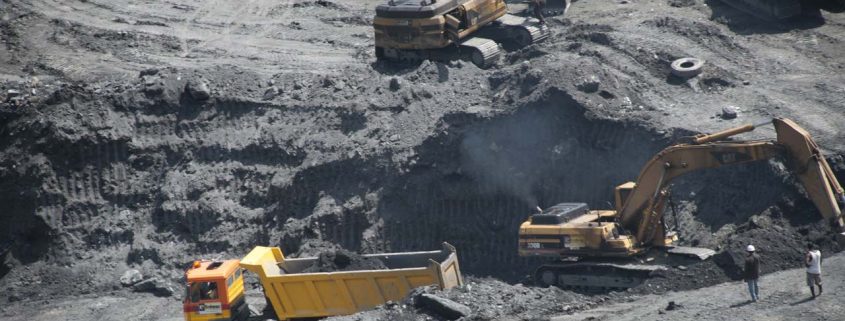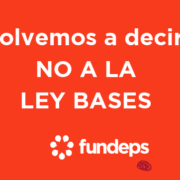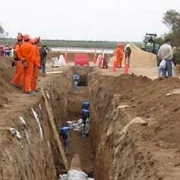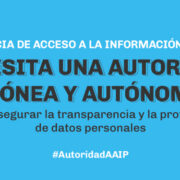More than 100 organizations are calling on EITI to publish environmental information
On the initiative of the Peruvian organization ‘Law, Environment and Natural Resources’, on February 25, a letter was presented to the Board of Directors for the Extractive Industries Transparency Initiative (EITI), demanding the publication of environmental information. More than 100 organizations in Latin America (including FUNDEPS), signed a letter asking the members of this initiative to make transparency in environmental information mandatory.
“Below, we offer a google translate version of the original article in Spanish. This translation may not be accurate but serves as a general presentation of the article. For more accurate information, please switch to the Spanish version of the website. In addition, feel free to directly contact in English the person mentioned at the bottom of this article with regards to this topic”.
The EITI standard for transparency in extractive activities, seeks to disseminate information on the oil, gas and mining industry. It requires the publication of information along the value chain of the extractive industry, from the point of extraction, to the way in which revenues continue on their way to the government; even how they benefit the general public. This includes how licenses are adjudicated and registered, who are the actual beneficiaries of those operations, what are the legal and fiscal provisions, how much is produced, how much is paid, how are those revenues distributed, and what is the contribution to the economy, including employment.
It is a multilateral initiative to which governments adhere voluntarily, and ensuring the participation of civil society and companies in the extractive sector.
However, and despite the imprint of this initiative, the standard currently lacks requirements on the obligation to publish information related to the costs and environmental impacts of extractive activity. It is necessary to have information, for example, on the amount of water that a mining project consumes, fines paid by corporations for environmental violations, information on environmental impact assessments, mitigation plans, among others. These data are crucial to avoid irreversible damage to the environment and the violation of the rights of those affected by extractive activity.
During the week of February 25, the EITI Board will meet in Kiev, Ukraine; to review the provisions of the current standard. Civil society organizations in Latin America sent a letter demanding that after the review process new guidelines be incorporated to ensure that:
-
Information is disseminated at the project level, in relation to all social and environmental assessments, showing the true impact of extractive activity on ecosystems and communities.
- Environmental and social information about payments and expenses is disclosed, including impact studies, acquired rights, licenses, fines, compensations and remediation.
- Information on all environmental licenses and authorizations, disaggregated by company and project, is disclosed. Including how the authorities monitor environmental commitments and information.
Argentina has officially joined EITI on February 27, 2019. To strengthen the standard with the demands made by civil society, would result in an improvement on the generation and publication of environmental information in our country.
More information
Carta enviada al Directorio de EITI
Environmental Reporting: Key to Transparency
Contact
Agustina Palencia, agustinapalencia@fundeps.org








